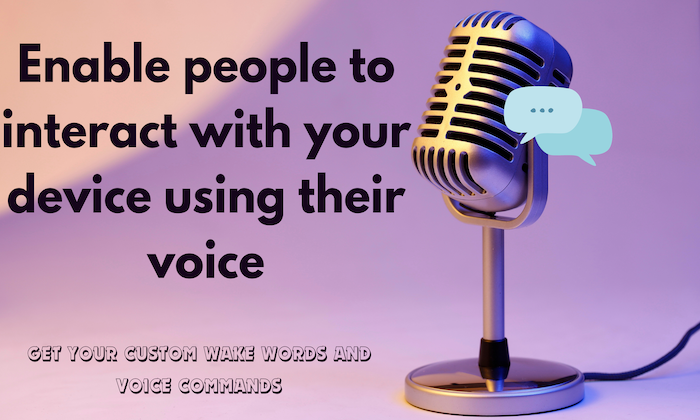How is bias avoided in medical speech data collection?
Data Collection
Healthcare
Speech AI
Bias in medical speech data collection presents a significant challenge for developing equitable AI systems in healthcare. Ensuring that these AI models perform accurately across diverse demographics is crucial. Here’s how FutureBeeAI tackles bias in collecting medical speech data, specifically in doctor-patient conversations.
Why Addressing Bias is Crucial
In healthcare AI, bias can lead to misdiagnoses and exacerbate health disparities. If models are trained predominantly on data from a single demographic, they may fail to accurately interpret or respond to individuals from varied backgrounds. Thus, addressing bias is not just a technical necessity; it's an ethical obligation.
Key Strategies for Minimizing Bias in Medical Speech Data Collection
- Diverse Speaker Representation: One effective strategy is ensuring diverse speaker representation. At FutureBeeAI, our Doctor–Patient Conversation Speech Dataset includes a wide array of doctors and patients from different demographics, covering age, gender, ethnicity, and linguistic backgrounds. This diversity is crucial for training AI models that understand a range of accents and speech patterns, enhancing their applicability in real-world healthcare settings. For instance, incorporating multiple languages and dialects ensures that the dataset reflects real-world scenarios. This comprehensive representation allows for more robust AI models capable of understanding various speech nuances.
- Simulated Yet Authentic Conversations: Our dataset utilizes simulated conversations crafted under the guidance of licensed physicians. This ensures clinical accuracy while avoiding the ethical issues tied to using real patient data. Simulated dialogues cover a variety of clinical scenarios, capturing a broad spectrum of medical terminologies and conversational dynamics. This method retains the richness of real interactions, including emotional and contextual elements, while maintaining privacy and consent standards.
Rigorous Quality Assurance Processes
- Multi-Stage Review System: FutureBeeAI implements a rigorous quality assurance process to ensure data authenticity and quality. This involves:
- Collection QA: Automated checks confirm the acoustic quality and consistency of recordings, ensuring clarity and proper formatting.
- Medical Review: Healthcare professionals assess clinical accuracy and the appropriateness of medical terminology. This dual-layer review minimizes biased representations, ensuring that models trained on this data perform equitably.
- Ethical Compliance: Ethical data collection is central to avoiding bias. Participants in our datasets provide informed consent, and personal information is anonymized, adhering to global privacy standards like GDPR and HIPAA. This approach safeguards participant privacy and maintains dataset integrity.
Challenges and Considerations
While these strategies are effective, challenges such as overgeneralization and unconscious bias in conversations can arise. It’s crucial to recognize that single demographic representations are insufficient due to group heterogeneity. Moreover, ensuring that simulated conversation themes don’t inadvertently favor certain demographics over others is vital.
Final Thoughts
Effectively minimizing bias in medical speech data collection involves strategic diversity, rigorous quality assurance, and unwavering ethical standards. As healthcare AI continues to evolve, these practices are essential for creating fair, reliable systems. For projects requiring diverse, high-quality medical speech data, FutureBeeAI offers scalable and ethically compliant solutions, ensuring your AI models are well-equipped to handle the complexities of real-world healthcare interactions.
FAQs
Q. What role does diversity play in medical speech data?
A. Diversity ensures AI models are trained on a broad range of accents, dialects, and speech patterns, improving their accuracy across different demographic groups.
Q. How are ethical standards maintained in medical speech data collection?
A. Ethical standards are upheld through informed consent, anonymization of personal data, and adherence to privacy regulations like GDPR and HIPAA.
What Else Do People Ask?
Related AI Articles
Browse Matching Datasets
Acquiring high-quality AI datasets has never been easier!!!
Get in touch with our AI data expert now!








